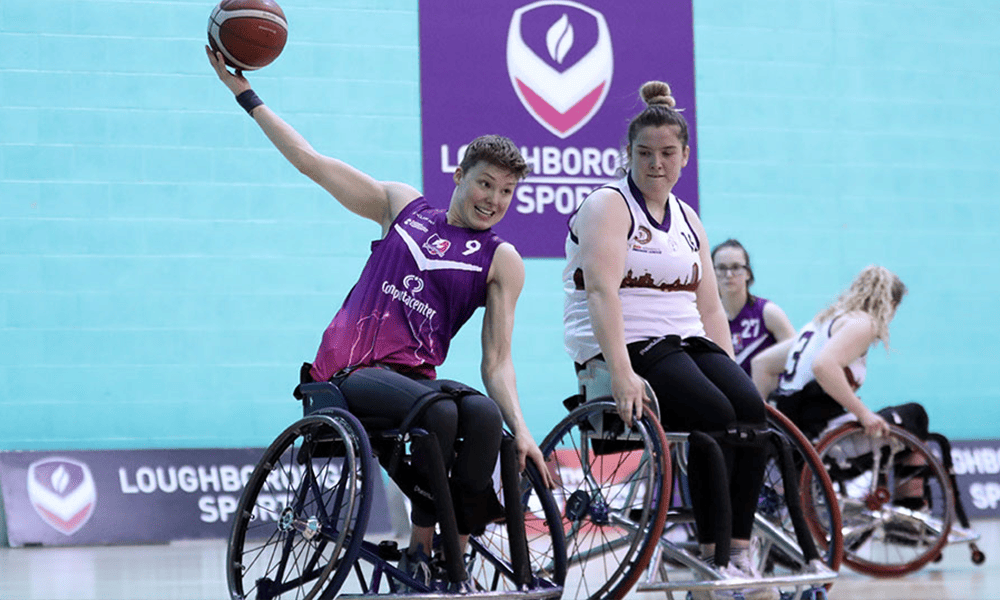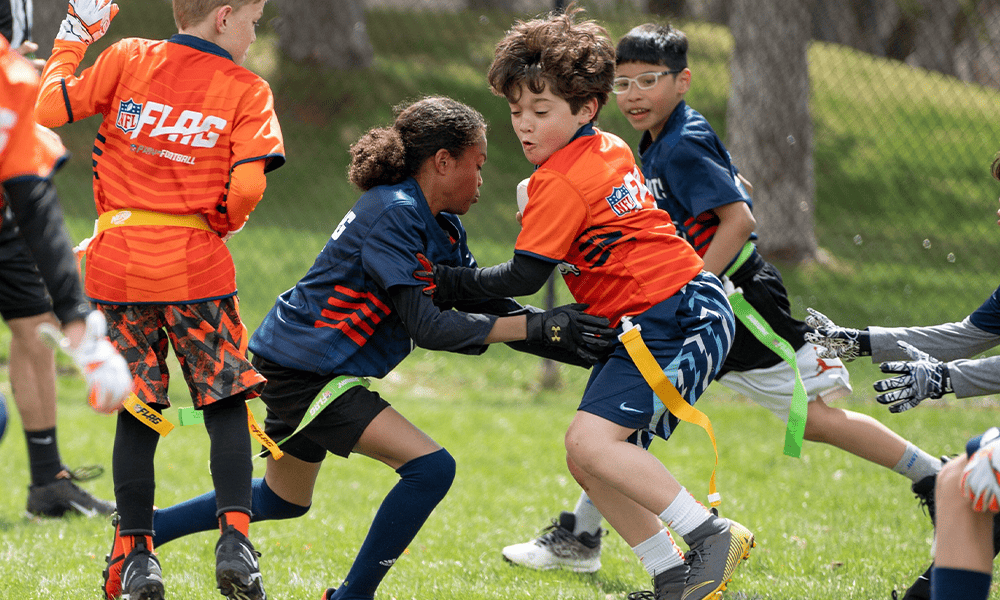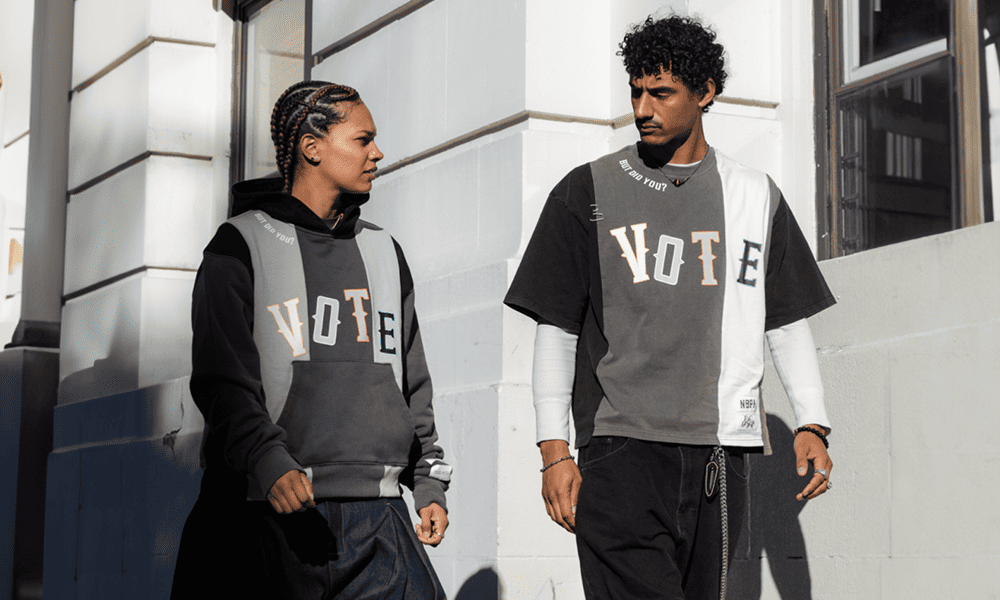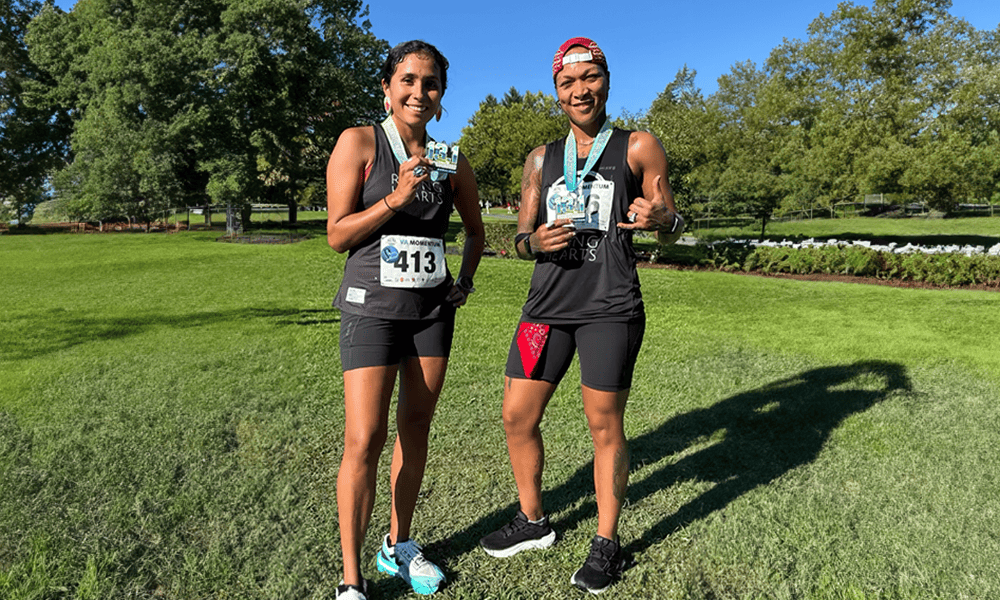March 8, 2024
Women athletes scored a big win ahead of the Paris 2024 Summer Olympics. The International Olympic Committee (IOC) has announced that for the first time in Olympic history, there will be full gender parity between men and women at the Games, meaning the committee has distributed quota places equally to female and male athletes.
This groundbreaking move marks a departure from the historical gender imbalances that have persisted at the Olympics. The commitment to a 50:50 distribution of quota places represents the IOC’s dedication to dismantling barriers that have hindered women athletes’ participation and recognition. In 1900, for example, when women were first allowed to compete, women made up only 2.2% of athletes.
By 1984, this number had increased to 23%. By Tokyo 2020, women made up 48% of Olympic athletes. Also during Tokyo 2020, each participating nation was expected to have both a female and a male athlete jointly carrying the flag during the Opening Ceremony, symbolizing a symbolic stride towards gender balance in the world of sports.
There is still work to be done outside of the competition, however, as national and international Olympic and sport federations – where decisions get made – are still dominated by men. Until 1981, the IOC only included men. Currently, its executive board is 30% women. As Marie Sallois, Director of Corporate and Sustainable Development at the IOC told Women’s Agenda, “one of the challenges for us is not just to get parity in the field of play, but to engage on how to get parity in all categories of personnel so that we have role models in every role.”

Of course, the IOC has not acted in a bubble to move closer to gender equality. Both International Sports Federations and National Olympic Committees (NOCs) have collaborated to bring more gender-balanced sports programs and medal events. In Paris 2024, for example, 28 out of 32 sports are gender equal. In addition, there will be 152 women’s events compared to men’s 157 events. All NOCs are expected to have both men and women represented in their athlete delegations.
In terms of scheduling, an effort has been made to schedule men and women’s games evenly across the Olympics’ 16 day span. This allows for more equal media coverage rather than press having to choose to show either men’s or women’s events. This year, women will be the culminating event, with the women’s marathon being the final event on August 11. This is a departure from past Olympics, which featured the men’s marathon as the closer.
About the historic milestone, IOC President Thomas Bach said, “We are about to celebrate one of the most important moments in the history of women at the Olympic Games, and in sport overall.” But the IOC is not finished with their work to advance gender equality with the Paris games. “We will continue to open pathways for women and to work with our stakeholders, encouraging them to take the necessary steps to advance gender equality in their area of responsibility. The IOC will keep leading the way and using the power of sport to contribute to a more equal and inclusive society,” he added.
As the world celebrates International Women’s Day today and looks ahead to the Paris 2024 Olympics, this decision marks a significant step toward a more equitable future in sports, demonstrating the power of collective efforts to challenge and reshape long-standing norms. The world eagerly anticipates witnessing a truly inclusive and diverse showcase, setting the stage for a future where gender equality is the norm.
Sources: Women’s Agenda, Inside the Games, Olympics.com





